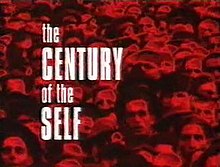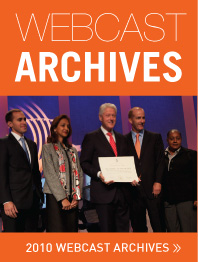
Working through partners, getting to market faster
The Entrepreneurial Design for Extreme Affordability class has launched several internationally known start-ups (including Embrace, Driptech and D.Light.) But main route for student teams to get their life-changing products into the hands of people in the developing world is by working with NGO partner organizations.
Working with partners is the quickest way to market: it eliminates the need to create a business model and distribution infrastructure, so that students can focus on getting the best possible product to people who need it.
Professor Jim Patel, who founded the class, and Erica Estrada, who teaches the class and directs our Social Entrepreneurship Lab, discuss why this is such a critical route-to-market for students in the class:







